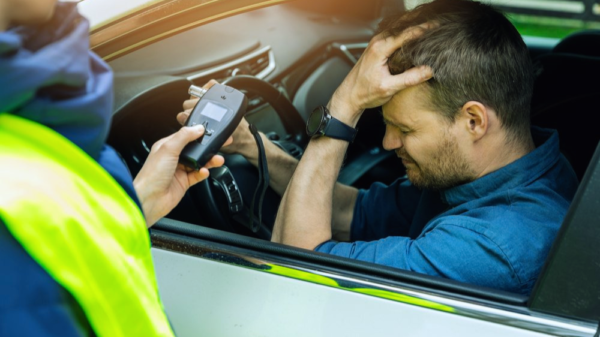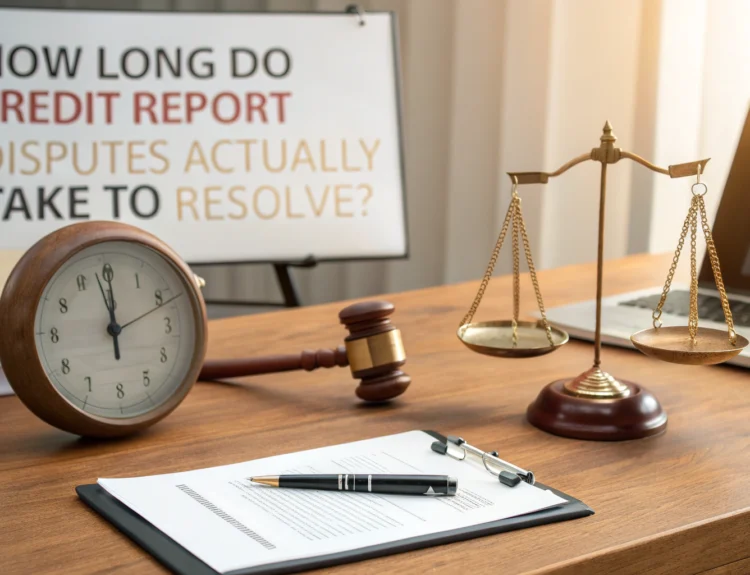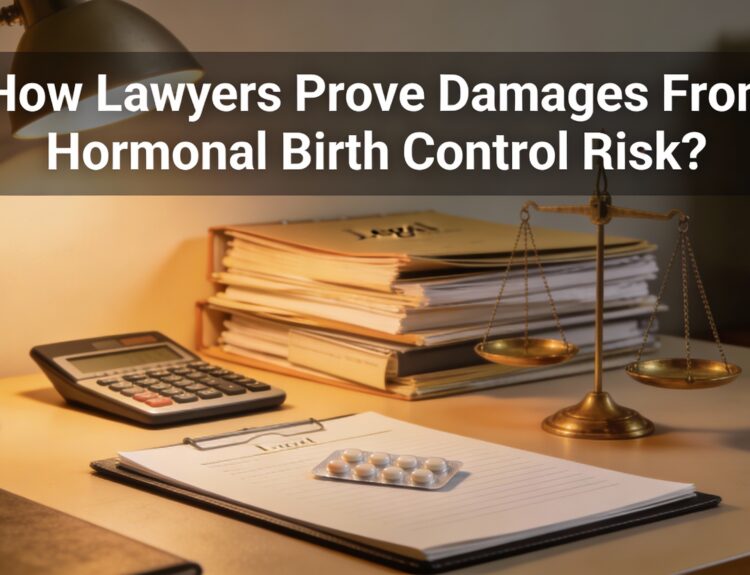Car accidents can leave lasting scars that go far beyond physical injuries. For many victims, the emotional and psychological toll of a serious crash—especially one caused by a drunk driver—can be just as devastating as bodily harm.
Anxiety, depression, post-traumatic stress disorder (PTSD), and other forms of emotional hardship are common after traumatic events like DUI accidents. Yet, many people wonder: can you seek compensation for these invisible wounds?
West Virginia sees a troubling number of serious car accidents each year. In 2022, the state recorded 264 crash fatalities—14.9 deaths per 100,000 people, a rate higher than the national average.
Kanawha County, where Charleston is located, consistently reports numerous traffic-related deaths, with drunk driving playing a major role. Beyond the loss of life, hundreds more suffer severe injuries and emotional trauma in collisions throughout the region.
In this guide, an experienced Charleston, West Virginia, DUI car accident attorney explains your rights when it comes to seeking compensation for emotional hardship after a DUI accident. You’ll learn what emotional damages are, how they’re proven, and what steps to take if you’ve been affected. Understanding these factors can help you pursue the full compensation you deserve.
Contents
What Are Emotional Damages in a DUI Accident Case?
Emotional damages, often referred to as “non-economic damages,” are a type of compensation available to personal injury victims for the psychological and emotional suffering they endure after an accident. In DUI accident cases, these damages may include anxiety, depression, insomnia, fear of driving, emotional distress, loss of enjoyment of life, and post-traumatic stress disorder (PTSD). While these injuries may not be visible, like a broken arm or bruises, their impact on daily life can be just as profound—if not more so.
West Virginia law recognizes the legitimacy of emotional harm in personal injury claims. Under West Virginia Code § 55-7-29, plaintiffs in civil actions may recover damages for both economic and non-economic losses. The statute defines non-economic loss as “nonpecuniary harm that results from an injury…including pain, suffering, inconvenience, physical impairment, disfigurement, mental anguish, emotional distress, loss of society and companionship, loss of consortium, or other nonpecuniary damages.”
This legal foundation opens the door for DUI accident victims to pursue compensation not just for medical bills and lost wages but also for the psychological suffering tied to the incident.
Proving Emotional Hardship: What Evidence Do You Need?
Unlike physical injuries that can be shown through X-rays or medical scans, emotional hardship is harder to quantify. However, that doesn’t mean it’s any less real—or that it can’t be proven in court. Building a strong case for emotional damages requires a combination of documentation, expert testimony, and credible personal accounts.
1. Medical and Mental Health Records
Seeing a mental health professional after a DUI accident is not just beneficial for recovery—it also creates essential documentation for your case. Diagnoses of PTSD, anxiety disorders, or depression from licensed therapists or psychologists help establish a direct connection between the accident and your emotional distress. Prescriptions for anxiety or sleep disorders can also support your claim.
2. Expert Testimony
In many cases, a mental health expert may be called to testify on your behalf. They can explain how trauma from the accident has affected your psychological well-being and your ability to function in everyday life. This testimony can be especially compelling to juries unfamiliar with the long-term effects of trauma.
3. Personal Testimony and Witness Statements
Your own account of how the accident has impacted your emotional state is powerful. Victims often describe nightmares, flashbacks, fear of driving, or isolation from loved ones. Testimony from family members, friends, or coworkers who’ve noticed changes in your behavior or emotional state can further validate your claim.
4. Journals and Diaries
Some victims keep a journal or diary following a traumatic event to track their emotions and recovery. These entries can serve as valuable evidence of the daily toll the accident has taken on your mental health.
Legal Challenges in Seeking Compensation for Emotional Distress
While West Virginia allows emotional distress claims, insurance companies often dispute them by arguing:
- The distress isn’t severe enough: Insurers may downplay anxiety or depression unless medically documented.
- No physical injury occurred: Some courts require a physical injury to accompany emotional distress claims, though exceptions exist (e.g., intentional infliction of emotional distress).
- Pre-existing conditions: If you had prior mental health struggles, the insurer may argue the crash didn’t cause your symptoms.
A skilled lawyer can counter these arguments by gathering strong medical evidence and witness statements.
How Is Compensation Calculated for Emotional Distress?
There is no fixed formula, but courts and insurers consider:
- Severity and duration of emotional harm (temporary anxiety vs. chronic PTSD)
- Impact on quality of life (inability to work, social withdrawal)
- Medical treatment costs (therapy, medication)
- Jury verdicts in similar cases (past rulings help set benchmarks)
In some cases, punitive damages may also apply. Under West Virginia Code § 55-7-13, if a drunk driver’s actions were particularly reckless (e.g., extremely high BAC or prior DUI convictions), the court may award additional damages to punish the offender and deter future misconduct.
Final Thoughts
Emotional suffering after a DUI accident is real and compensable under West Virginia law. While proving these damages can be challenging, proper documentation and legal guidance significantly improve your chances of recovery.
If you or a loved one is struggling with the aftermath of a drunk driving crash, taking prompt legal action ensures your rights are protected and your pain is acknowledged.




